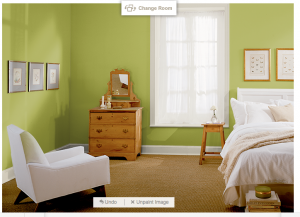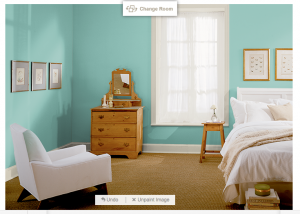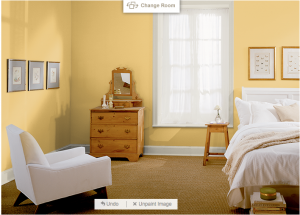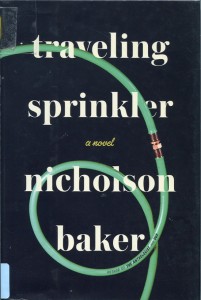One of the things I love so much about blogging is being able to check in whenever I want to know how many other people feel the same way about something. I mean, we’re no pure scientific sample here, but if I say, “Hey…when you drive a couple of hours away to an unfamiliar place, you pretty much assume you’re going to die on that trip, right?,” I can get a feeling for what the GENERAL percentages are—whether it’s one other person saying “Thank god, I thought I was the only one who makes sure her kids have fresh clothes for attending my funeral!!” while the rest say “…What are you talking about?,” or whether it’s the other way around. Plus, if nothing else, we’ve learned that any question that begins “Am I the only one who…?” can be answered “No,” so we no longer need to start questions that way.
What I’m wondering about today is what percentages of us feel what ways about Girls (Amazon link Netflix link). I have been watching the second season. I started watching the first season even though it didn’t look like my kind of thing at all, because I kept hearing about the show and seeing Lena Dunham on everything, and I wanted to know what was going on. And I just hated it right away. Which makes it hard to explain why I watched all the rest of the first season and am halfway through the second season.
Every time I watch an episode, I feel completely alienated and disconnected: I don’t understand the way the characters are behaving. I don’t understand the way they talk to each other. I don’t understand their fights or the horrible things they say. I don’t understand their romantic relationships or their sex lives. And then I panic, because I think that maybe this is the new way things are (just as my grandparents didn’t understand why people went around talking about such personal things all the time), and Elizabeth will TOTALLY relate, and SHE WILL HERSELF BE LIKE THOSE GIRLS, and then I will not be able to relate to HER. It makes me feel terrible. And the only two people I like on the whole show are Shoshanna and Ray; I find the others cringingly repellent. Plus, I hate how HBO is all, “We CAN show people naked and/or having sex, so we WILL! Just, like, ALL THE TIME!” I don’t know why I keep watching it, I really don’t.
Sometimes I watch the behind-the-episodes parts, and those just make it even more confusing. Lena Dunham will say something like, “We’ve all dated an Adam,” and meanwhile I’d been waiting to find out what serious problem Adam has because something is obviously seriously wrong and I don’t understand his personality at all. But he’s supposed to be an Obvious Type? Someone we’ve ALL dated?
And she says other things that soothe me because I think, “Oh, I see, she’s deliberately poking fun at this stage of life,” but then she says other things that make me realize she doesn’t yet understand the entire caricature: there are things she puts in there thinking they’re normal things, when actually they’re ALSO poking fun at that stage of life but she’s not old enough to notice them yet. It’s hard to poke fun at a stage you’re STILL IN. And it’s hard to know which parts are which, from a later stage.
Or she’ll say that her favorite kind of funny is when someone is coming across completely differently than the way they see themselves, and I think, “Oh, I see: it’s just that we have different senses of humor, because that makes me want to die of horrified empathy.”
So here is what I would like to know, I guess: if you’ve watched Girls (any of it), I’d want to know if you’re in the same age range as the characters, and how the show seems to you. For example, you might say, “I’m the same age range as those characters and that looks NOTHING like my life,” or you might say, “I’m in the same age range as those characters and that’s exactly how it is in my life,” or you might say, “I’m in a different age range but that’s how my life was at that age,” or you might say, “I’m in a different age range and I don’t identify with the show for this or any other stage of my life.” Or whatever your combination is. Actually I guess that’s basically all the combinations. Or, no, because you could also be, “I’m in the same age range, and that’s not like my life at all so I don’t IDENTIFY-identify, but I’m definitely familiar with that kind of life because I have friends like that.” Or of course there’s “I’ve never seen the show.” Well, and that’s not all of them; there are more.





